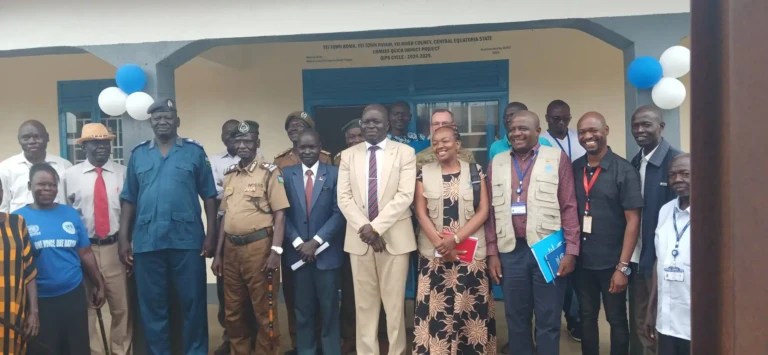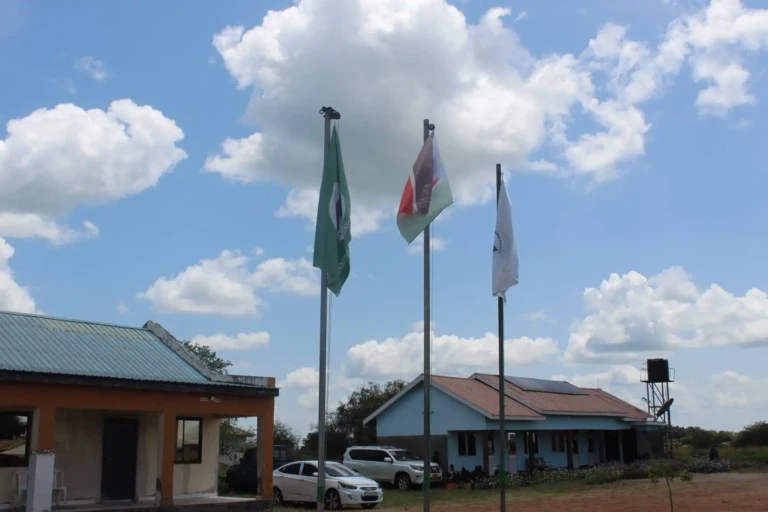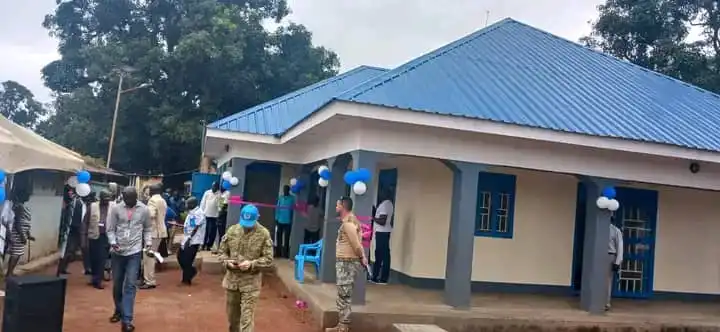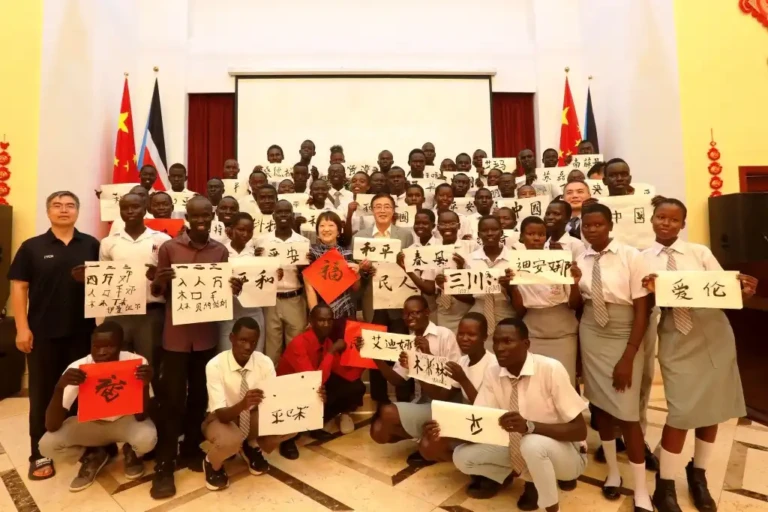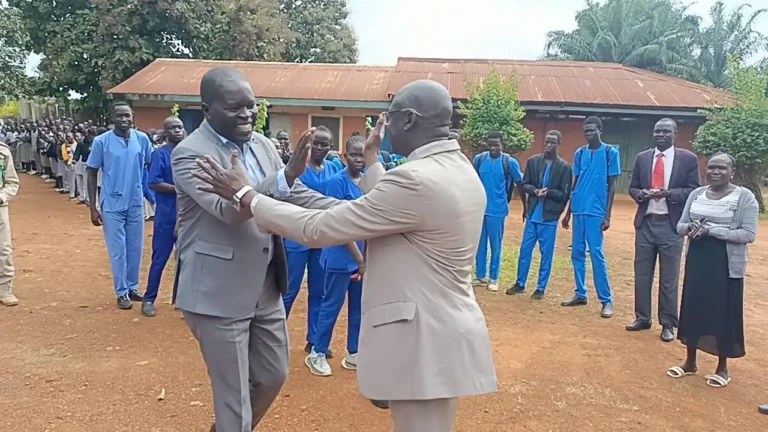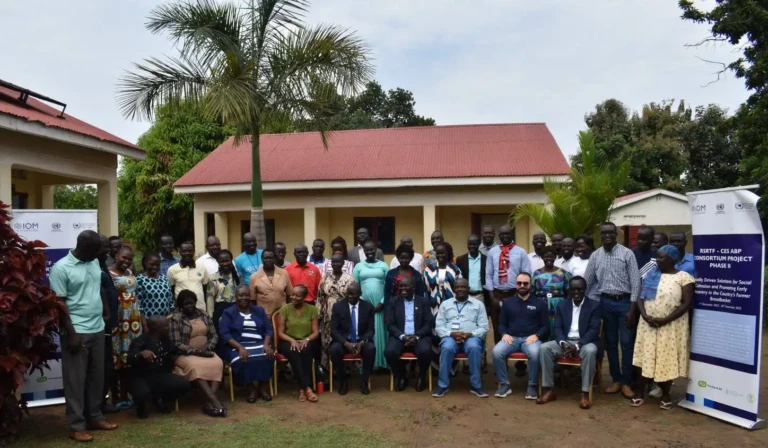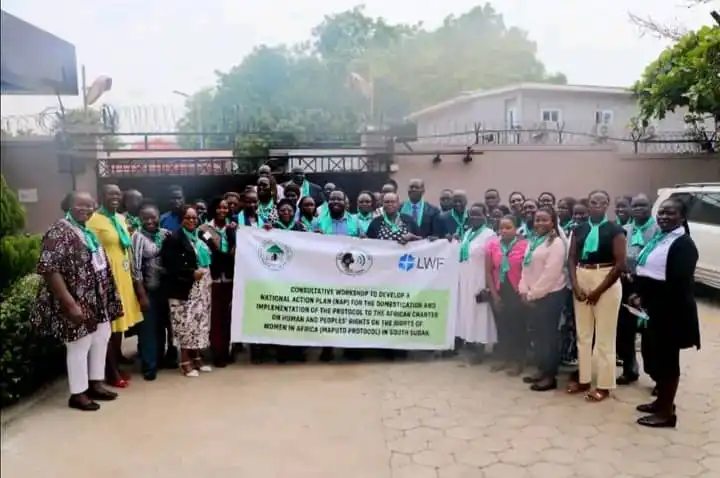
South Sudan Moves to Implement Maputo Protocol/Handout Photo
(JUBA) – A two day consultative workshop is currently underway in Juba aimed at developing South Sudan’s National Action Plan for the implementation of the Maputo Protocol, a landmark African Union treaty that promotes and protects the rights of women and girls.
The event, which started on 1 August 2025, brings together a wide range of stakeholders, including officials from the Ministry of Gender, Child and Social Welfare, civil society organisations, women’s rights groups, youth representatives, development partners and international agencies.
The goal is to create a comprehensive national roadmap to translate the commitments made under the Protocol into real and actionable progress within the country.
The Maputo Protocol, formally known as the Protocol to the African Charter on Human and Peoples’ Rights on the Rights of Women in Africa, sets a wide range of standards on issues such as violence against women, harmful practices, education, health and political participation.
The workshop is designed to serve four key objectives. It aims to open space for dialogue among key stakeholders, gather recommendations and priorities for the development of the National Action Plan (NAP) and ensure that these national strategies are fully aligned with the standards and expectations of the Protocol.
It also seeks to solidify commitments at the national level towards advancing gender equality and women’s empowerment.
Participants in the Juba meeting have emphasised the importance of locally informed strategies that respond to the particular needs of South Sudanese women and girls, especially in conflict affected and rural areas.
The workshop is organised by Global Voices Organization and the Lutheran World Federation (LWF), in coordination with the Ministry of Gender, Child and Social Welfare. It has received support from several partners and organisations working in the fields of peacebuilding, human rights, and community empowerment.
These include Women for Justice and Equality, Vision for Humanity South Sudan, STEWARDWOMEN, the Resilience Organization (RO), Bridge Youth and Women Empowerment (BYWE), Christian Agency for Peace and Development, the Association for Media Women in South Sudan and the Rural Women Empowerment Organization.
Other participants include representatives from Women Advocates in South Sudan, Jamnel Care Organization, Save the Children South Sudan, Plan International South Sudan, WART-South Sudan, CARE South Sudan, the IGAD Secretariat, Hope Africa South Sudan, Safer World for All, Norwegian People’s Aid, South Sudan National Youth Union, YGlobal South Sudan, UN Women South Sudan, UNFPA South Sudan, YMCA South Sudan, Community Voice for Inclusive Development Organization and Markas Al Salam.
The country’s history of conflict, displacement and inequality has made it especially important to ensure that gender equality is not only discussed but also realised through laws, institutions and community based actions.
Organisers expressed hope that the finalised action plan will serve as a guiding tool to coordinate national responses to gender discrimination, improve access to justice for women, support education and health services for girls and increase women’s participation in peacebuilding and political processes.
The National Action Plan, once adopted, is expected to include both short term and longer term strategies for implementation, monitoring, and evaluation. Participants also stressed the need for strong accountability mechanisms to measure progress and ensure continued commitment to women’s rights.
The Maputo Protocol, which South Sudan ratified in 2017, is considered one of the most comprehensive legal instruments for women’s rights in Africa. The Juba workshop represents a critical step toward turning that ratification into real change.
Discover more from Access Radio Yei News
Subscribe to get the latest posts sent to your email.

